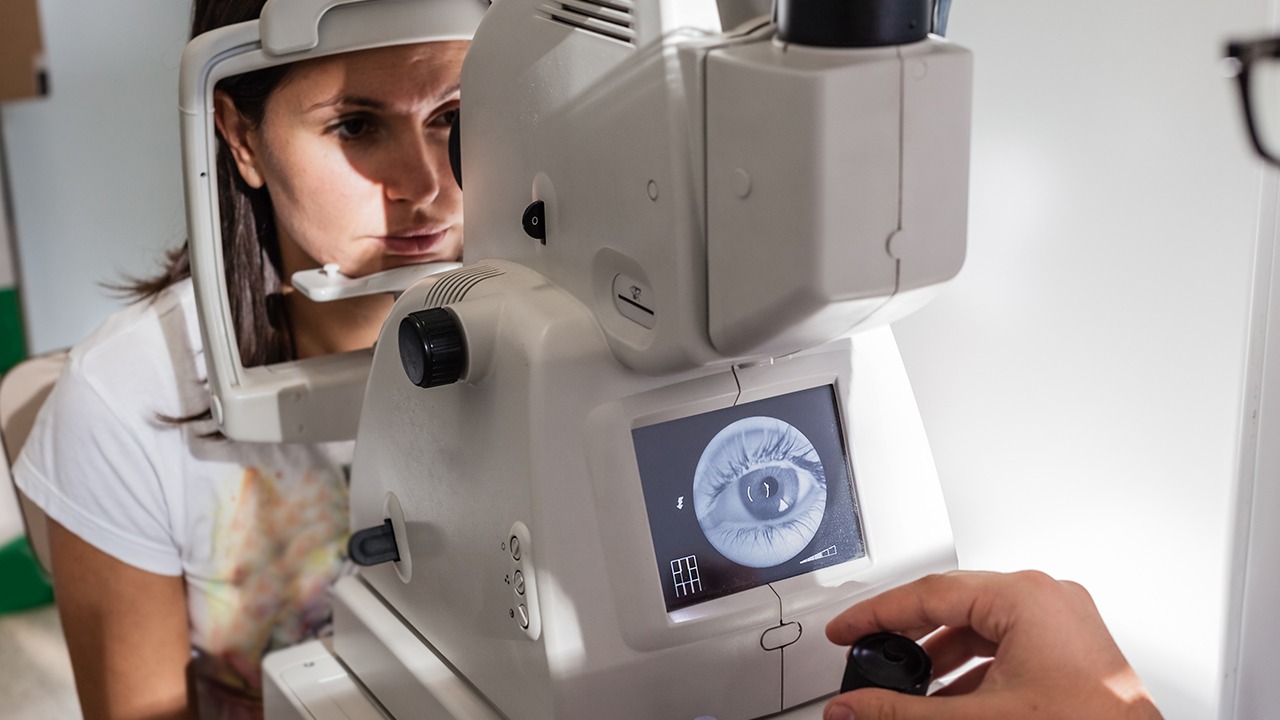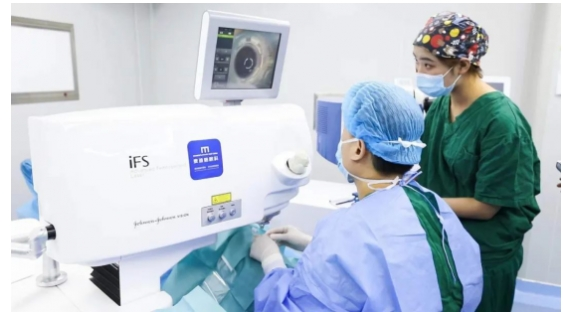How to Rule Out Lymphoma

Lymphoma is a type of cancer that affects the lymph nodes. It begins in the white blood cells that fight infections, traveling throughout the body to reach other lymph nodes and organs. Lymphoma can cause a variety of symptoms, including:
Swollen lymph nodes
Fever
Night sweats
Weight loss
Loss of appetite
Fatigue
Skin rashes
Shortness of breath
Abdominal pain
Diagnosis of Lymphoma
If you are experiencing any of these symptoms, your doctor may order tests to rule out lymphoma. These tests may include:
Physical exam: Your doctor will examine you for swollen lymph nodes and other signs of lymphoma.
Blood tests: Blood tests can help determine if you have lymphoma by checking for abnormal levels of white blood cells and other substances.
Biopsy: A biopsy is the only way to definitively diagnose lymphoma. During a biopsy, your doctor will remove a small sample of tissue from a lymph node or other affected area and examine it under a microscope.
How to Rule Out Lymphoma
If you are concerned that you may have lymphoma, there are several things you can do to rule it out:
See your doctor: If you are experiencing any of the symptoms of lymphoma, make an appointment to see your doctor. Your doctor can perform a physical exam and order tests to rule out lymphoma.
Get a biopsy: If your doctor suspects that you have lymphoma, they will order a biopsy. A biopsy is the only way to definitively diagnose lymphoma.
Follow up with your doctor: If you have been diagnosed with lymphoma, it is important to follow up with your doctor regularly to monitor your condition and ensure that you are receiving the appropriate treatment.
Treatment for Lymphoma
The treatment for lymphoma depends on the type of lymphoma you have and the stage of the disease. Treatment options may include:
Chemotherapy: Chemotherapy is a type of drug treatment that uses chemicals to kill cancer cells.
Radiation therapy: Radiation therapy uses high-energy radiation to kill cancer cells.
Targeted therapy: Targeted therapy is a newer type of treatment that uses drugs to block the growth and spread of cancer cells.
Stem cell transplant: A stem cell transplant is a procedure that replaces damaged bone marrow with healthy stem cells.
Outlook for Lymphoma
The outlook for lymphoma depends on the type of lymphoma you have and the stage of the disease. In general, the earlier lymphoma is diagnosed and treated, the better the chances for a cure.
If you are diagnosed with lymphoma, it is important to work closely with your doctor to determine the best course of treatment for you. With proper treatment, many people with lymphoma are able to achieve long-term remission or even a cure.
The above is all the content that the editor wants to share with you. I sincerely hope that these contents can bring some help to your life and health, and I also wish that your life will be happier and happier.
Topic: #to #how #rule














